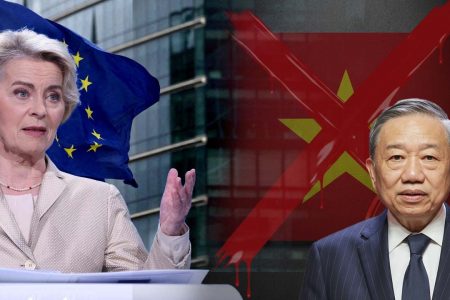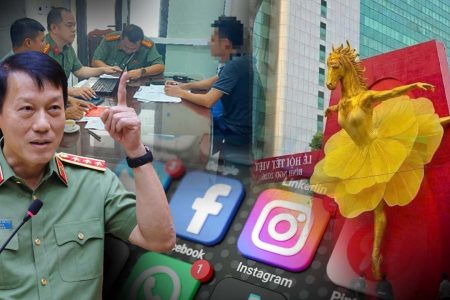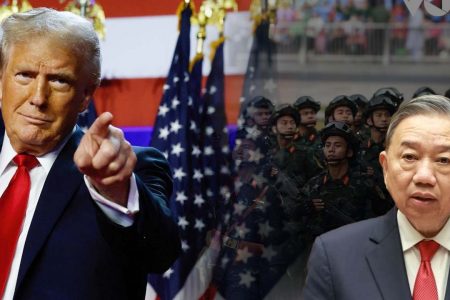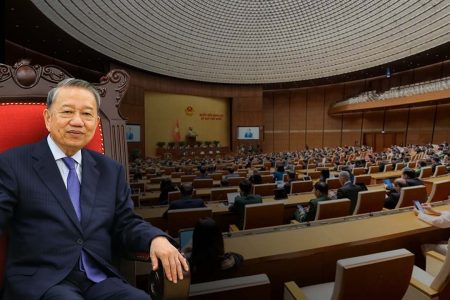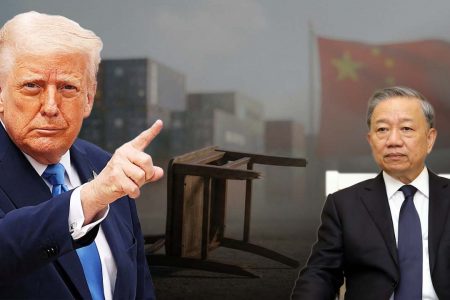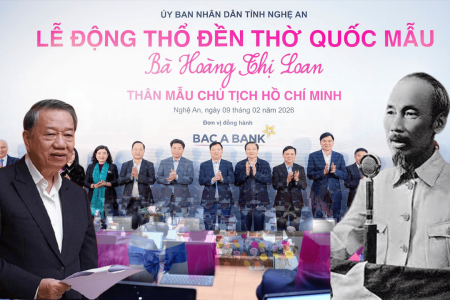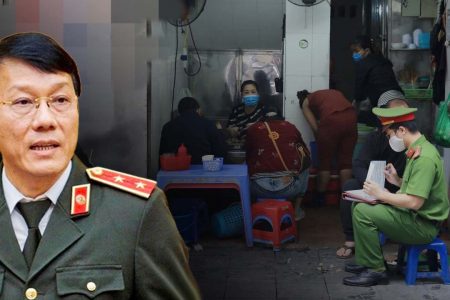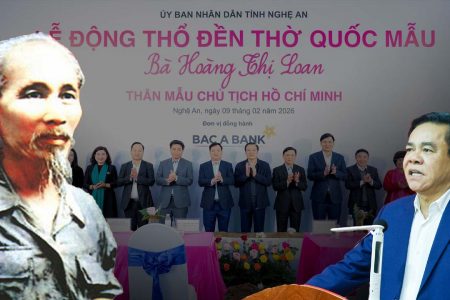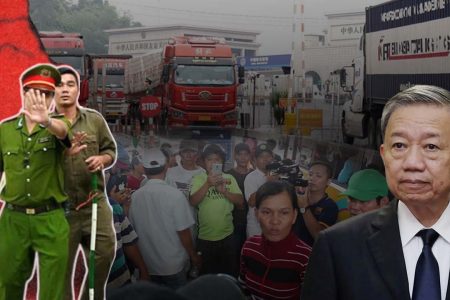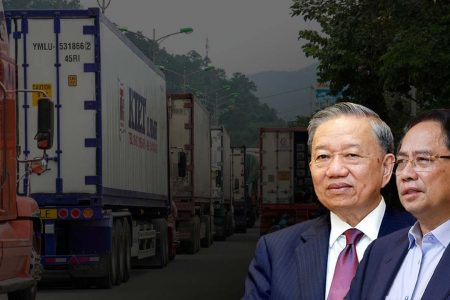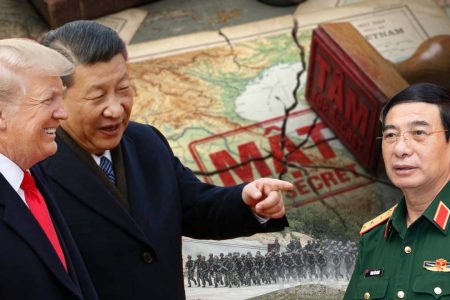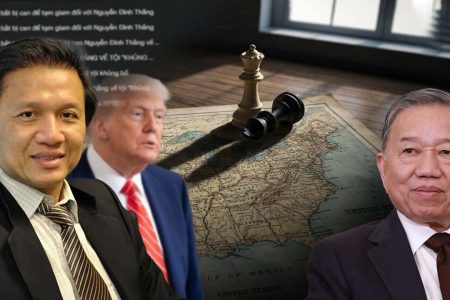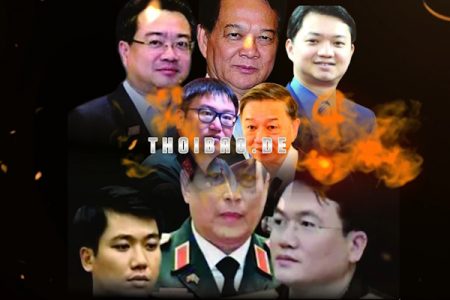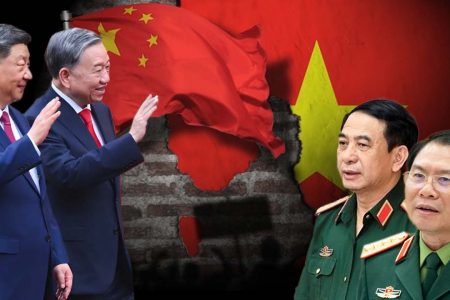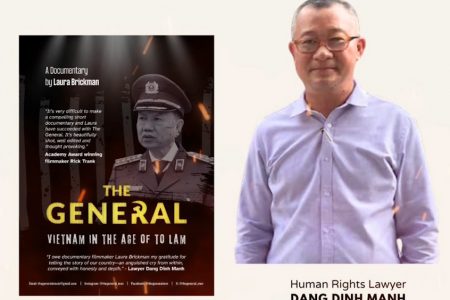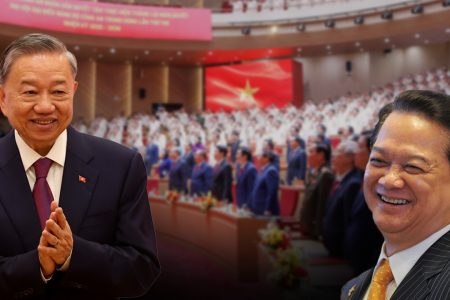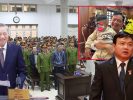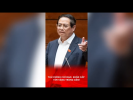November 24, 2025
The recent decision by the Communist Party of Vietnam (CPV) to classify all plans for senior personnel appointments, from General Secretary, State President, Prime Minister, and National Assembly Chairman to the Standing Committee of the Secretariat, as „top secret“ under Decision No. 2500 signed by Prime Minister Pham Minh Chinh, has raised significant questions from the public.
Why the need for absolute secrecy regarding the process of electing national leaders in a political system that for over 70 years has declared, and constitutionally enshrined, Vietnam as a „state of the people, by the people, and for the people“?

This is not just a matter of document classification, it also profoundly reflects the power dynamics within CPV under incumbent General Secretary To Lam.
This occurs against the backdrop of intensifying power struggles ahead of the CPV’s 14th National Congress, as various factions attempt to consolidate their positions, eliminate the risks of information leaks, and secure an advantage in personnel negotiations.
Tightening security will allow To Lam and the police faction to maintain absolute control over the flow of information, minimizing the possibility of other political factions exerting pressure that could alter the internal balance of power.
According to international observers, under General Secretary To Lam, the concentration of power is more pronounced and stringent than in previous terms.
Personnel decisions, already secretive, have become even more so, aiming to protect the personnel appointment process from potential disruptions that could „reverse“ the situation, especially before the 15th Plenum of the party’s Central Committee scheduled next month, a crucial meeting. At the same time, it reflects concerns about deep divisions and internal rifts within the party, where any leaked information could have a chain reaction, weakening the position of General Secretary To Lam and the Ministry of Public Security.
Therefore, maintaining secrecy regarding high-level personnel appointments is seen as a tool to prevent public controversy and maintain relative stability during the ongoing power transition.
However, the decision to classify personnel options as „top secret“ presents a major paradox to the long-standing slogan „The people know, the people discuss, the people do, the people supervise“ that the party often propagates.
In reality, the Vietnamese people have no involvement in choosing those who will hold the highest positions of power in the country.
When personnel options are kept completely secret, the process of electing national leaders becomes solely the business of the ruling party. This raises concerns about the legitimacy of the party when it disregards the slogan „the Party’s will is the people’s will.“
Observers suggest that the high level of „top secret“ classification reflects the defensive stance of the General Secretary and the Ministry of Public Security in the face of increasingly fierce and tense internal power struggles.
At the same time, the demand for complete secrecy of all personnel documents reflects concerns about political risks; if the information were exploited by internal opposition factions, it could overturn a pre-arranged plan.
And if leaked externally, it could create uncontrollable social reactions.
In the context of General Secretary To Lam consolidating his power, increased personnel security allows his apparatus to tightly control all information channels and minimize the risks from both within and outside the party.
In a system where unity is considered a vital element, information becomes a powerful asset, and the need to protect it to maintain internal order demonstrates the instability of CPV. When a political system treats the entire personnel selection process as „top secret,“ it undermines the legitimacy of the ruling party as it contradicts the very principles they have always upheld.
Tra My – Thoibao.de



